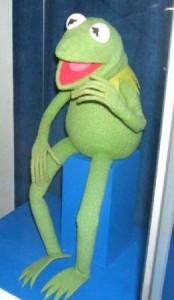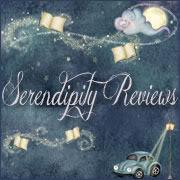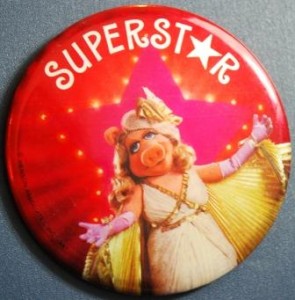I tweet a little ( @lockwoodwriter) and read a lot on Twitter. Recently I followed with horrified interest Jeremy Duns‘ continuing expose of Stephen Leather’s tactics. I knew more than I wanted about the man’s political views and obnoxious ways of self-promotion. Other than tainting the whole concept of writer, I didn’t see how it could affect me.
That was until I read about R. J. Ellory. I was so disappointed that I cried.
I had read Roger’s work as part of my MA and met him in that context as well. I liked him – and truth told, I still do. He was unstinting of his time & encouragement- and we’ve had a few laughs and discussions on Facebook too. I find it so hard to put him in the subset of ‘sock-puppeteer’ and make that intersect with the bloke I know. You can probably imagine my relief when he apologised – and this was accepted by Mark Billingham, one of the writers whose work he had trashed.
It was perhaps naive of me not to realise that this stuff goes on in the Wild, Wild West which is modern publishing. And it would be foolish to assert that it certainly doesn’t go on in the pure innocent realms of writing for children. I honestly just don’t know.
All I can be sure of is what I do. All my reviews are written as myself. I welcome feedback and debate.
I read books for Serendipity Reviews. I have had my moments of anxiety with this. I’ve had friends’ books to review that didn’t quite do it for me, and genres which are definitely not my thing. I try to take a compassionate and professional standpoint by asking myself the following:
- How would I feel to receive a review like this?
- What were their intentions – does it suit the readership it’s meant for?
On the whole, I err on the side of kindness. There are times I wish I had the all-guns-blazing self-assurance and spleen of an Anthony McGowan – and I do wonder if I have elected for cowardice. Perhaps my judgement is weak. But my motto in this context is ‘first do no harm’.
Likewise in my role as Graduate Editorial Assistant at West Dean, my primary goal is to develop what the MA students are trying to do. Doing them down to make me look or feel superior won’t achieve much. I need to suggest more they could do, not shut down their options.
Now before I sound far too goody-goody, I had better point out this took a while to learn. And I should also make it clear I acknowledge several motives for sockpuppetry in myself:
- envy of sales – 50 Shades of **** for example
- jealousy of talent – Patrick Ness, Philip Pullman, Kath Langrish, Sally Prue et alia
- sheer desperation
That last is a killer.
Let the one without sin cast the first stone…







